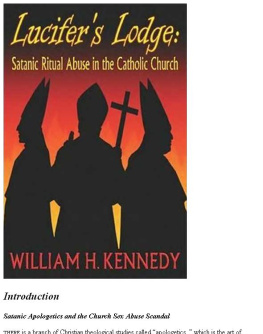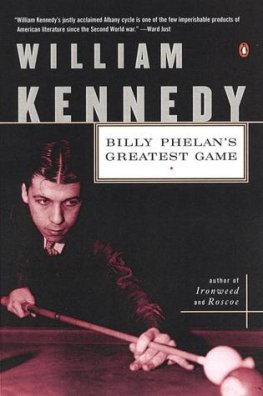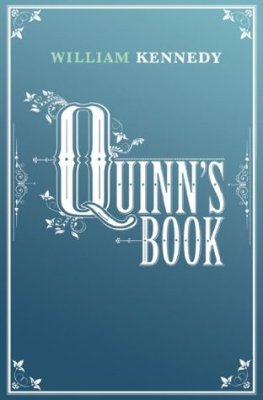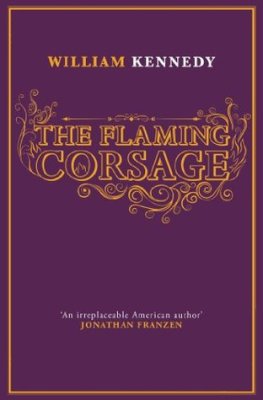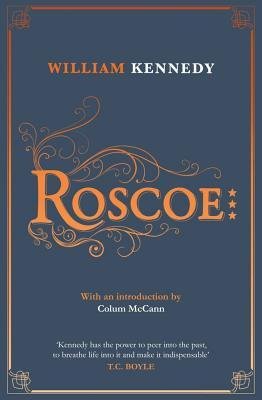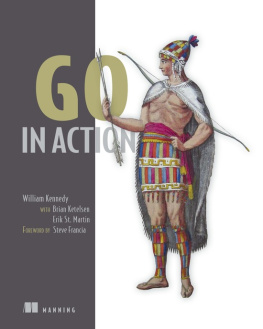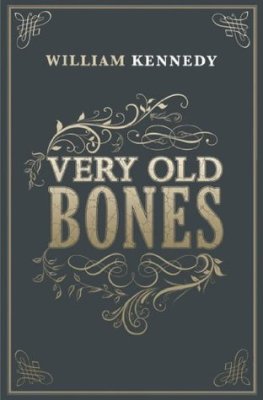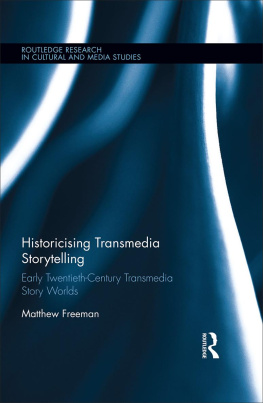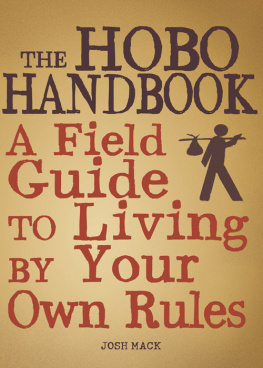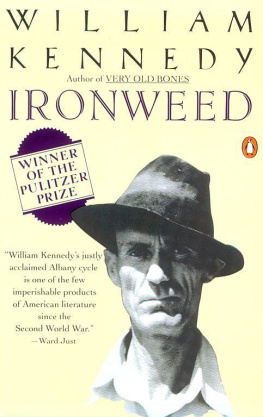William Kennedy - Ironweed
Here you can read online William Kennedy - Ironweed full text of the book (entire story) in english for free. Download pdf and epub, get meaning, cover and reviews about this ebook. genre: Prose. Description of the work, (preface) as well as reviews are available. Best literature library LitArk.com created for fans of good reading and offers a wide selection of genres:
Romance novel
Science fiction
Adventure
Detective
Science
History
Home and family
Prose
Art
Politics
Computer
Non-fiction
Religion
Business
Children
Humor
Choose a favorite category and find really read worthwhile books. Enjoy immersion in the world of imagination, feel the emotions of the characters or learn something new for yourself, make an fascinating discovery.

- Book:Ironweed
- Author:
- Genre:
- Rating:4 / 5
- Favourites:Add to favourites
- Your mark:
- 80
- 1
- 2
- 3
- 4
- 5
Ironweed: summary, description and annotation
We offer to read an annotation, description, summary or preface (depends on what the author of the book "Ironweed" wrote himself). If you haven't found the necessary information about the book — write in the comments, we will try to find it.
Ironweed — read online for free the complete book (whole text) full work
Below is the text of the book, divided by pages. System saving the place of the last page read, allows you to conveniently read the book "Ironweed" online for free, without having to search again every time where you left off. Put a bookmark, and you can go to the page where you finished reading at any time.
Font size:
Interval:
Bookmark:

William Kennedy
Ironweed
The third book in the Albany Cycle series
This book is for four good men:
Bill Segarra, Tom Smith,
Harry Staley, and Frank Trippett.
Tall Ironweed is a member of the Sunflower Family (Asteraceae). It has a tall erect stem and bears deep purple-blue flower heads in loose terminal clusters. Its leaves are long and thin and pointed, their lower surfaces downy. Its fruit is seed-like, with a double set of purplish bristles. It flowers from August to October in damp, rich soil from New York south to Georgia, west to Louisiana, north to Missouri, Illinois and Michigan. The name refers to the toughness of the stem.
Adapted from The Audubon Societys
Field Guide to North American Wildflowers
To course oer better waters now hoists sail the little bark of my wit, leaving behind her a sea so cruel.
Dante, Purgatorio
I
Riding up the winding road of Saint Agnes Cemetery in the back of the rattling old truck, Francis Phelan became aware that the dead, even more than the living, settled down in neighborhoods. The truck was suddenly surrounded by fields of monuments and cenotaphs of kindred design and striking size, all guarding the privileged dead. But the truck moved on and the limits of mere privilege became visible, for here now came the acres of truly prestigious death: illustrious men and women, captains of life without their diamonds, furs, carriages, and limousines, but buried in pomp and glory, vaulted in great tombs built like heavenly safe deposit boxes, or parts of the Acropolis. And ah yes, here too, inevitably, came the flowing masses, row upon row of them under simple headstones and simpler crosses. Here was the neighborhood of the Phelans.
Franciss mother twitched nervously in her grave as the truck carried him nearer to her; and Franciss father lit his pipe, smiled at his wifes discomfort, and looked out from his own bit of sod to catch a glimpse of how much his son had changed since the train accident.
Franciss father smoked roots of grass that died in the periodic droughts afflicting the cemetery. He stored the root essence in his pockets until it was brittle to the touch, then pulverized it between his fingers and packed his pipe. Franciss mother wove crosses from the dead dandelions and other deep-rooted weeds; careful to preserve their fullest length, she wove them while they were still in the green stage of death, then ate them with an insatiable revulsion.
Look at that tomb, Francis said to his companion. Aint that somethin? Thats Arthur T. Grogan. I saw him around Albany when I was a kid. He owned all the electricity in town.
He aint got much of it now, Rudy said.
Dont bet on it, Francis said. Them kind of guys hang on to a good thing.
The advancing dust of Arthur T. Grogan, restless in its simulated Parthenon, grew luminous from Franciss memory of a vital day long gone. The truck rolled on up the hill.
FARRELL, said one roadside gravestone. KENNEDY, said another. DAUGHERTY, McILHENNY, BRUNELLE, McDONALD, MALONE, DWYER, and WALSH, said others. PHELAN, said two small ones.
Francis saw the pair of Phelan stones and turned his eyes elsewhere, fearful that his infant son, Gerald, might be under one of them. He had not confronted Gerald directly since the day he let the child slip out of its diaper. He would not confront him now. He avoided the Phelan headstones on the presumptive grounds that they belonged to another family entirely. And he was correct. These graves held two brawny young Phelan brothers, canalers both, and both skewered by the same whiskey bottle in 1884, dumped into the Erie Canal in front of The Black Rag Saloon in Watervliet, and then pushed under and drowned with a long stick. The brothers looked at Franciss clothes, his ragged brown twill suit jacket, black baggy pants, and filthy firemans blue shirt, and felt a kinship with him that owed nothing to blood ties. His shoes were as worn as the brogans they both had been wearing on the last day of their lives. The brothers read also in Franciss face the familiar scars of alcoholic desolation, which both had developed in their graves. For both had been deeply drunk and vulnerable when the cutthroat Muggins killed them in tandem and took all their money: forty-eight cents. We died for pennies, the brothers said in their silent, dead-drunken way to Francis, who bounced past them in the back of the truck, staring at the emboldening white clouds that clotted the sky so richly at midmorning. From the heat of the sun Francis felt a flow of juices in his body, which he interpreted as a gift of strength from the sky.
A little chilly, he said, but its gonna be a nice day.
If it dont puke, said Rudy.
You goddamn cuckoo bird, you dont talk about the weather that way. You got a nice day, take it. Why you wanna talk about the sky pukin on us?
My mother was a full-blooded Cherokee, Rudy said.
Youre a liar. Your old lady was a Mex, thats why you got them high cheekbones. Indian I dont buy.
She come off the reservation in Skokie, Illinois, went down to Chicago, and got a job sellin peanuts at Wrigley Field.
They aint got any Indians in Illinois. I never seen one damn Indian all the time I was out there.
They keep to themselves, Rudy said.
The truck passed the last inhabited section of the cemetery and moved toward a hill where raw earth was being loosened by five men with pickaxes and shovels. The driver parked and unhitched the tailgate, and Francis and Rudy leaped down. The two then joined the other five in loading the truck with the fresh dirt. Rudy mumbled aloud as he shoveled: Im workin it out.
What the hell you workin out now? Francis asked.
The worms, Rudy said. How many worms you get in a truckload of dirt.
You countin em?
Hundred and eight so far, said Rudy.
Dizzy bedbug, said Francis.
When the truck was fully loaded Francis and Rudy climbed atop the dirt and the driver rode them to a slope where a score of graves of the freshly dead sent up the smell of sweet putrescence, the incense of unearned mortality and interrupted dreams. The driver, who seemed inured to such odors, parked as close to the new graves as possible and Rudy and Francis then carried shovelfuls of dirt to the dead while the driver dozed in the truck. Some of the dead had been buried two or three months, and yet their coffins were still burrowing deeper into the rainsoftened earth. The gravid weight of the days they had lived was now seeking its equivalent level in firstborn death, creating a rectangular hollow on the surface of each grave. Some of the coffins seemed to be on their way to middle earth. None of the graves were yet marked with headstones, but a few were decorated with an American flag on a small stick, or bunches of faded cloth flowers in clay pots. Rudy and Francis filled in one hollow, then another. Dead gladiolas, still vaguely yellow in their brown stage of death, drooped in a basket at the head of the grave of Louis (Daddy Big) Dugan, the Albany pooi hustler who had died only a week or so ago from inhaling his own vomit. Daddy Big, trying futilely to memorize anew the fading memories of how he used to apply topspin and reverse English to the cue ball, recognized Franny Phelan, even though he had not seen him in twenty years.
I wonder whos under this one, Francis said.
Probably some Catholic, Rudy said.
Of course its some Catholic, you birdbrain, its a Catholic cemetery.
They let Protestants in sometimes, Rudy said.
They do like hell.
Sometimes they let Jews in too. And Indians.
Daddy Big remembered the shape of Frannys mouth from the first day he saw him playing ball for Albany at Chadwick Park. Daddy Big sat down front in the bleachers behind the third-base line and watched Franny on the hot corner, watched him climb into the bleachers after a foul pop fly that would have hit Daddy Big right in the chest if Franny hadnt stood on his own ear to make the catch. Daddy Big saw Franny smile after making it, and even though his teeth were almost gone now, Franny smiled that same familiar way as he scattered fresh dirt on Daddy Bigs grave.
Next pageFont size:
Interval:
Bookmark:
Similar books «Ironweed»
Look at similar books to Ironweed. We have selected literature similar in name and meaning in the hope of providing readers with more options to find new, interesting, not yet read works.
Discussion, reviews of the book Ironweed and just readers' own opinions. Leave your comments, write what you think about the work, its meaning or the main characters. Specify what exactly you liked and what you didn't like, and why you think so.

